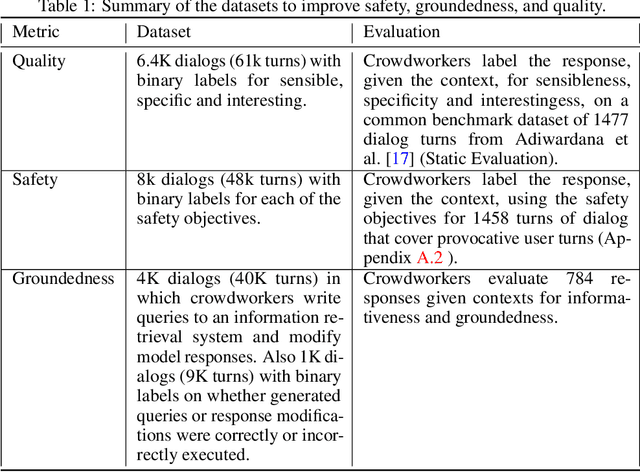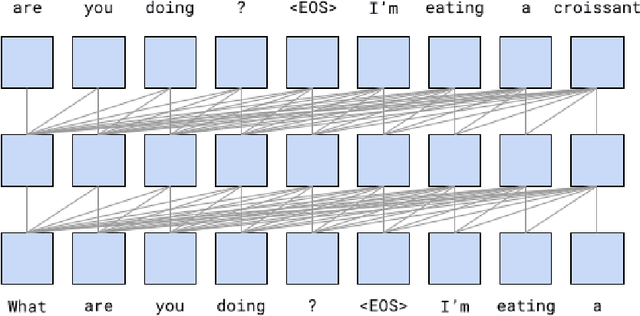Marcelo Menegali
Gold-medalist Performance in Solving Olympiad Geometry with AlphaGeometry2
Feb 05, 2025Abstract:We present AlphaGeometry2, a significantly improved version of AlphaGeometry introduced in Trinh et al. (2024), which has now surpassed an average gold medalist in solving Olympiad geometry problems. To achieve this, we first extend the original AlphaGeometry language to tackle harder problems involving movements of objects, and problems containing linear equations of angles, ratios, and distances. This, together with other additions, has markedly improved the coverage rate of the AlphaGeometry language on International Math Olympiads (IMO) 2000-2024 geometry problems from 66% to 88%. The search process of AlphaGeometry2 has also been greatly improved through the use of Gemini architecture for better language modeling, and a novel knowledge-sharing mechanism that combines multiple search trees. Together with further enhancements to the symbolic engine and synthetic data generation, we have significantly boosted the overall solving rate of AlphaGeometry2 to 84% for $\textit{all}$ geometry problems over the last 25 years, compared to 54% previously. AlphaGeometry2 was also part of the system that achieved silver-medal standard at IMO 2024 https://dpmd.ai/imo-silver. Last but not least, we report progress towards using AlphaGeometry2 as a part of a fully automated system that reliably solves geometry problems directly from natural language input.
LaMDA: Language Models for Dialog Applications
Feb 10, 2022



Abstract:We present LaMDA: Language Models for Dialog Applications. LaMDA is a family of Transformer-based neural language models specialized for dialog, which have up to 137B parameters and are pre-trained on 1.56T words of public dialog data and web text. While model scaling alone can improve quality, it shows less improvements on safety and factual grounding. We demonstrate that fine-tuning with annotated data and enabling the model to consult external knowledge sources can lead to significant improvements towards the two key challenges of safety and factual grounding. The first challenge, safety, involves ensuring that the model's responses are consistent with a set of human values, such as preventing harmful suggestions and unfair bias. We quantify safety using a metric based on an illustrative set of human values, and we find that filtering candidate responses using a LaMDA classifier fine-tuned with a small amount of crowdworker-annotated data offers a promising approach to improving model safety. The second challenge, factual grounding, involves enabling the model to consult external knowledge sources, such as an information retrieval system, a language translator, and a calculator. We quantify factuality using a groundedness metric, and we find that our approach enables the model to generate responses grounded in known sources, rather than responses that merely sound plausible. Finally, we explore the use of LaMDA in the domains of education and content recommendations, and analyze their helpfulness and role consistency.
 Add to Chrome
Add to Chrome Add to Firefox
Add to Firefox Add to Edge
Add to Edge